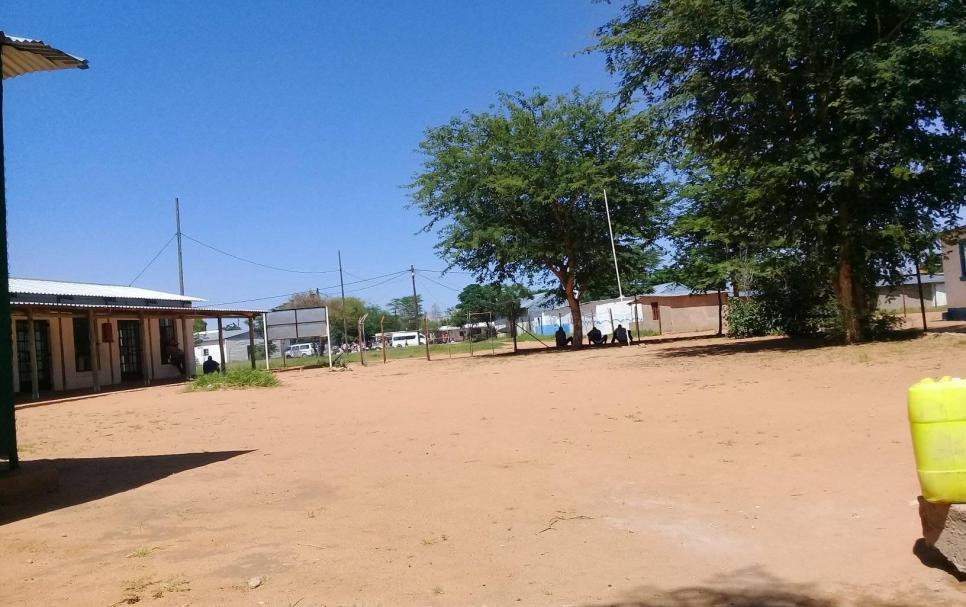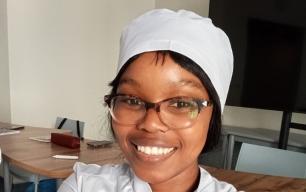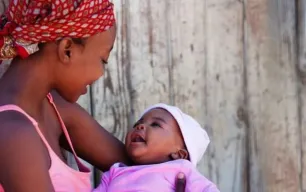Osire Refugees Left in the cold as some miss out on cash assistance

A refugee from Osire, who wishes to remain anonymous, has raised concerns over the new cash assistance system that has left some refugees without support. The resident told Confidente that while the system was introduced to replace in-kind food assistance, it has resulted in some individuals being excluded from receiving their financial aid.
"At first, we were getting food. Then, last year in November, we registered for the new system to start receiving money instead," the refugee explained. Registration required a form of identification and an MTC SIM card, with those lacking the required SIM card forced to register immediately.
However, not everyone has received the promised assistance. Under the previous food aid program, no one was left behind, but since the transition to cash payments, some refugees have been excluded.
"Those who leave the settlement to look for jobs in the city, whether to drive taxis or start small businesses don’t get funds," the refugee added. "Why did they make us register if they weren’t going to give us money?"
As concerns grow within the settlement, affected refugees are calling for answers. They hope for a more inclusive system that ensures no one is left behind, regardless of their efforts to seek better opportunities.
The new system, introduced by the United Nations through the World Food Programme (WFP), aims to give beneficiaries more flexibility by providing cash instead of food and other non-food essentials.
The Senior Administrative Assistant at the United Nations High Commissioner for Refugees (UNHCR), Diina Shangadi said that the cash assistance program replaces in-kind food and non-food item (NFI) support, giving beneficiaries the flexibility to purchase essential needs such as food, hygiene items (e.g., soap), and sanitary kits for women and girls of reproductive age.
She further said that the amount provided to refugee and asylum seekers in the Osire settlement is based on market prices of the previous in-kind food basket, which included maize meal, beans, sugar, salt, vegetable oil, soap, and cooking fuel.
“The cash allocation is calculated per person and household needs. For example, a family of three, including a child of reproductive age, would receive: (NAD 335 × 3 for food and soap) + (NAD 75 × 2 for sanitary needs) + NAD 150 for cooking fuel + NAD 200 for transport, totaling NAD 1,505 per month”, Shangadi added.
She said that cash brings numerous advantages to the beneficiaries such as dignity and choice, with cash beneficiaries are empowered to make their own decisions about what they need most, whether it’s food, clothing, health, etc. “When it comes to food, households can be able to purchase diverse and nutritious food with cash,” she said.
Delivering cash digitally through mobile money will also promote financial inclusion, providing refugees with the opportunity to access and utilize financial services
“The program currently targets refugees residing in the settlement who, based on our records, have been regularly collecting in-kind assistance. Funding constraints mean that cash assistance is currently limited to regular recipients of in-kind aid”, Shangadi concluded.
- 583 views





Comments